ON HIS EARLY visits to Cuba, Columbus noted that maize was "most tasty, boiled, roasted,
or ground into flour". When he returned to Spain, his most popular exhibits from the New
World proved to be a few specimen "Indians" and some handfuls of gold dust, but he seems
also to have taken maize seeds with him.
With the aid of the Venetians who carried it to the Near East, the Spaniards were instrumental
in distributing maize around the Mediterranean. Less directly, they also introduced it to Asia.
When Ferdinand Magellan set out in 1519 to make another attempt on Spain's behalf to reach
the Spice Islands, by a westward route, he probably took maize with him. It was known in the
Philippines soon after, and by 1555 was sufficiently important in parts of China to rate a mention
in a regional history of the inland province of Honan.
To Portugal, however, belongs the doubtful credit of having introduced maize to Africa, where it
was first grown to provide ships' stores for the slave trade. Among history's many ironies is the
fact that a food introduced to fuel the slaving ships should have led to a general population
increase in tropical Africa which ensured that those same ships would never sail empty of human
cargo.
MAIZE was accepted willingly in Africa because it grew so much more rapidly than other grains
and its cultivation was far less demanding. Although the large, specially bred plants of modern
times require a fertile soil and careful tending, this is because heavy crops are the aim, and the same land is worked year after year. IN sixteenth-century Africa, however, when one patch of soil became exhausted, the peasant cultivator merely moved on to another. A woman working
alone could plant maize, leave it to grow, and harvest it as and when she needed it, or in greater
quantity for storage. IT was subsistence, not commercial agriculture, but one woman, unaided,
could produce enough food to ensure that her family did not go hungry.
Tomado de "Food in History", Reay Tannahill, Stein and Day, Publishers, 1973
Esto me recuerda el monton de inversionistas que al momento del alto precio del petroleo decidieron poner todos los huevos en la canasta del bio combustible. La gran cantidad de agricultores que duplicaron las hectareas dedicadas al maiz, pensando en ganancias posibles que desafortunadamente no vendran.
Ahora el maiz necesariamente bajara de precio, otros cultivos para tales fines por igual. El bio
combustible sera otro suenho convertido en pesadilla, a menos que pueda producirse a un
costo menor, mucho menor que el del petroleo.
martes, 9 de diciembre de 2008
Suscribirse a:
Enviar comentarios (Atom)


















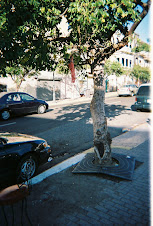-25.jpg)
-24.jpg)
























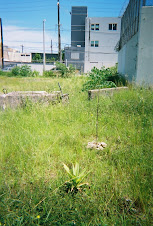




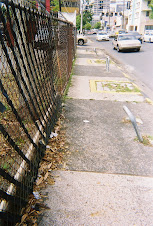

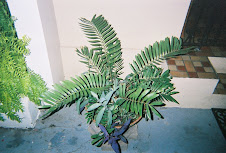




-22.jpg)
-25.jpg)
-24.jpg)






-16.jpg)
-13.jpg)
-08.jpg)
































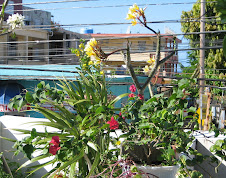
















No hay comentarios:
Publicar un comentario